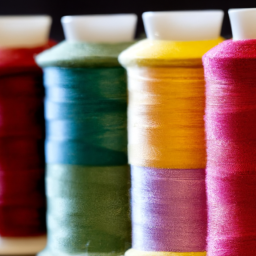
?

As a passionate sewer or crafter, you may wonder if sewing thread can go bad over time. Like any other textile material, sewing thread is subject to deterioration, but with proper storage and usage, it can maintain its quality for an extended period.
Here are a few factors to consider:
- Moisture: Excessive humidity or exposure to water can cause sewing thread to weaken over time. It is crucial to store thread in a dry environment to prevent moisture absorption.
- UV Exposure: Prolonged exposure to sunlight or ultraviolet (UV) radiation can cause thread colors to fade. Keep your thread away from direct sunlight or store them in opaque containers to minimize UV damage.
- Heat: Extreme heat can affect the integrity of sewing thread, leading to brittleness and breakage. Ensure proper storage away from heat sources such as radiators and stoves.
- Contaminants: Dust, dirt, and oils can accumulate on thread spools over time, affecting their quality. It is advisable to keep thread stored in sealed containers or bags to protect them from contaminants.
- Age: Although sewing thread doesn’t necessarily have an expiration date, the older the thread, the more likely it is to lose its strength and durability. It’s recommended to use older thread for less demanding projects or as basting stitches.
However, it’s essential to inspect your sewing thread before use, even if it has been stored properly. Check for signs of damage, such as fraying, discoloration, or an unpleasant odor. If you notice any deterioration, it’s best to discard the thread to ensure optimal stitching results.
Remember, using high-quality thread and following proper storage practices can significantly extend the lifespan of your sewing thread. By keeping your thread in a cool, dry, and dark place away from contaminants, you can enjoy its reliability for years to come.
So, while sewing thread can deteriorate over time, proper care and storage can help mitigate any potential issues, ensuring that your sewing projects continue to be a success!
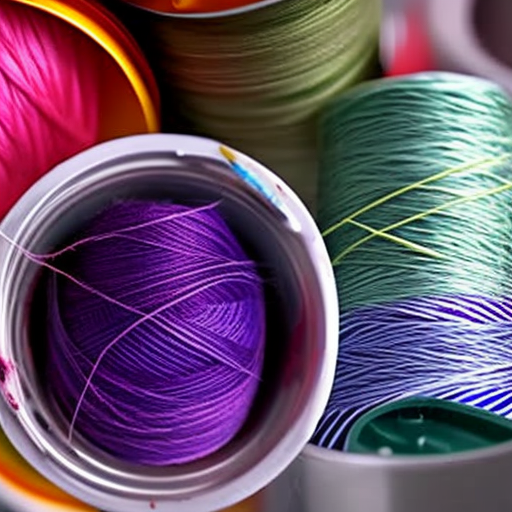
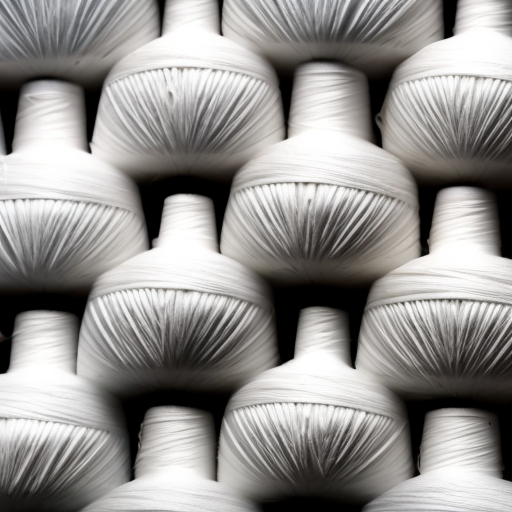
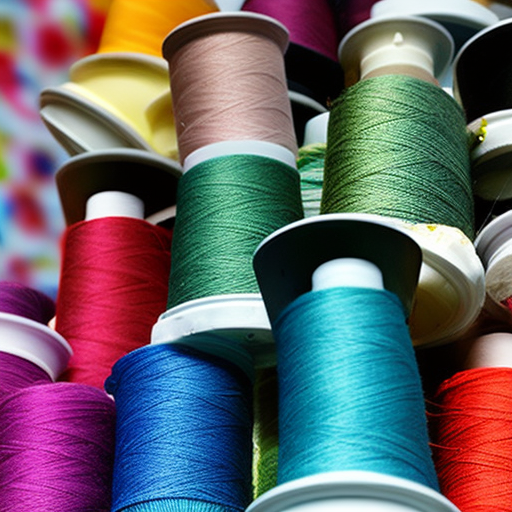
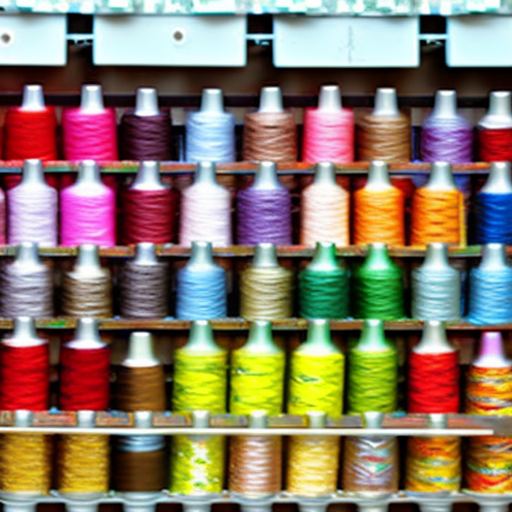

Definitely! Thread can rot, fray and break over time if it is exposed to air, humidity, and extreme temperatures.
Jodie Conner: Yes, thread does have a shelf life. Make sure to check the care instructions before use and store properly for optimal results!
Pauline Cruz: It’s important to pay attention to the quality of thread you’re using, as the wrong type or age can result in less durability for your project. Invest in high-quality thread for best results!